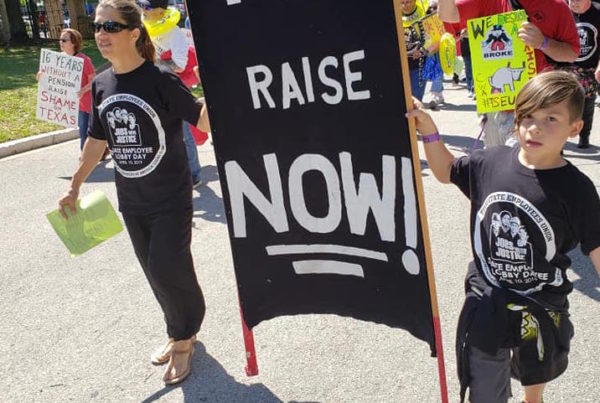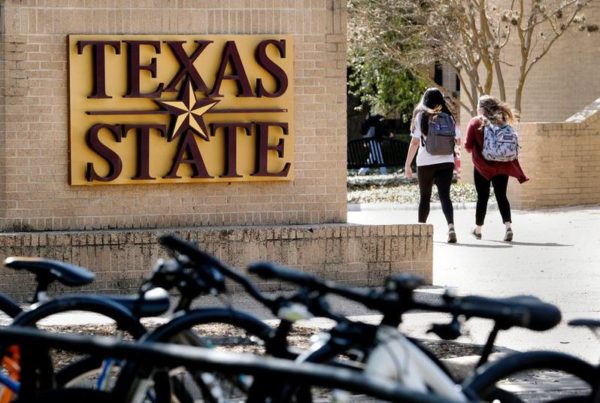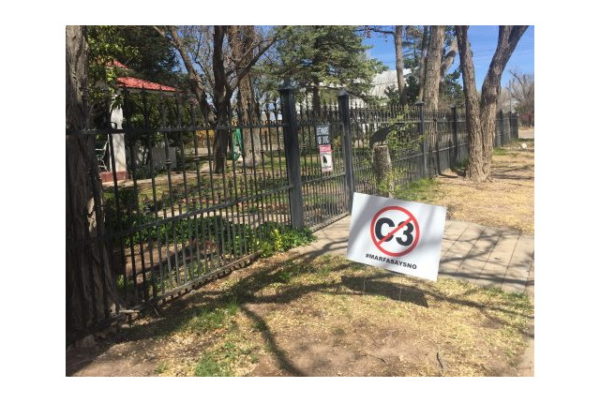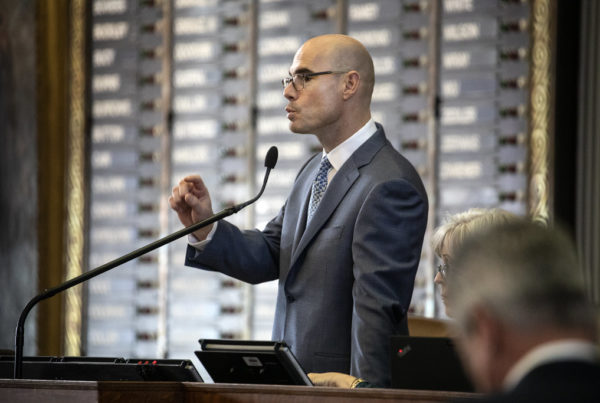Many Texans aren’t vaccinating their kids against measles, and in March, the Centers for Disease Control and Prevention reported 10 measles cases in the state, which was more than the total number of cases in 2018. But lately, some are concerned about whether there’s a chance for other disease outbreaks as a result of the immigrant and asylum-seeking families who’ve crossed the border into Texas in large numbers recently. The assumption underlying that concern is that migrant children aren’t vaccinated. But Peter Hotez, one of the nation’s top scholars on vaccination, and a professor of pediatrics at Baylor College of Medicine, says Latin America has a strong record of eliminating disease through vaccines.
“Historically, the levels of vaccination in Central America and Mexico have been pretty high,” Hotez says.
He says the bigger threat is homegrown.
“The irony is, low vaccination rates are now in the state of Texas because of the anti-vaccine movement,” Hotez says.
Texas has at least 60,000 unvaccinated children, which has come as a result of groups lobbying the state legislature to allow parents to opt out of vaccinations for their kids.
“We’ve got a pretty dangerous public health situation because we have tens of thousands of kids not getting vaccines in our state,” Hotez says.
Hotez says it’s only a matter of time before Texas has a measles outbreak similar to recent ones in New York and Washington. In California, there was an outbreak in 2014 and 2015 that came after families used a loophole in state law that allowed vaccine exemptions for religious or philosophical reasons. The California Assembly eventually closed the loophole, and Hotez says Texas should do the same.
“If you’re a child, you have a fundamental right to be protected against serious and deadly infections,” Hotez says. “It’s a right of childhood, just like if you’re a child you have a fundamental right to be put into a car seat or a safety belt.”
Hotez also wrote a book based on his experience as a father of a daughter with intellectual disabilities. He did that because he wanted to spread a message that vaccines do not cause autism – something those in the anti-vaccine movement claim. He says he wants anti-vaccine rhetoric to end.
“Otherwise, we will inevitably have epidemics that are going to put children in the hospital, and maybe even worse,” Hotez says.
Support for Texas Standard’s “Spotlight on Health” project is provided by St. David’s Foundation.
Written by Sara Schleede.

















